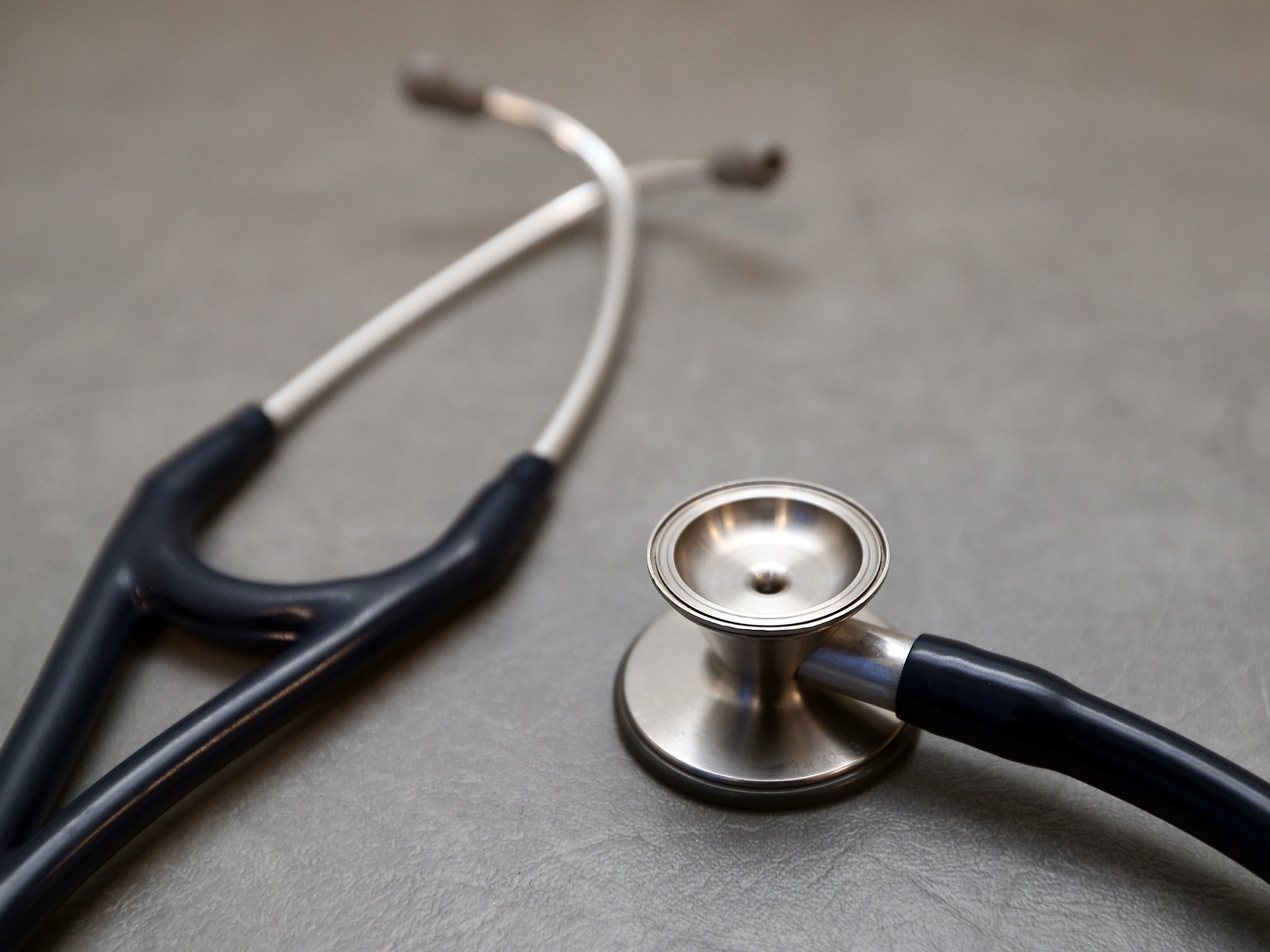GPs increasingly viewed as 'dispensable' by Scottish Government, doctors warn
Chair of Royal College of GPs says Holyrood is pushing through reforms without proper regard for patient safety

Your support helps us to tell the story
From reproductive rights to climate change to Big Tech, The Independent is on the ground when the story is developing. Whether it's investigating the financials of Elon Musk's pro-Trump PAC or producing our latest documentary, 'The A Word', which shines a light on the American women fighting for reproductive rights, we know how important it is to parse out the facts from the messaging.
At such a critical moment in US history, we need reporters on the ground. Your donation allows us to keep sending journalists to speak to both sides of the story.
The Independent is trusted by Americans across the entire political spectrum. And unlike many other quality news outlets, we choose not to lock Americans out of our reporting and analysis with paywalls. We believe quality journalism should be available to everyone, paid for by those who can afford it.
Your support makes all the difference.GPs are increasingly viewed as “dispensable” by the Scottish Government which is pushing through major reforms to primary care without proper regard for the safety of patients, doctors leaders have warned.
Dr Miles Mack, chair of the Royal College of General Practitioners in Scotland, said patients who had to wait more than three weeks for a doctor’s appointment should know that the situation was about to get “much, much worse” due to a lack of funding from the SNP government.
The draft budget presented to Holyrood in December pointed to further cuts in the percentage share of NHS Scotland funding allocated to general practice, Dr Mack said, adding that in the future patients would be expected to “get by without GPs as their prime provider of care”.
Sources said Dr Mack had decided to speak out because of a feeling among many Scottish GPs that the public remains largely unaware of the scale of the changes being pushed through at Holyrood. Ministers have said future healthcare should be provided by “multi-disciplinary teams” and that GPs will not always be the first point of contact for patients.
“We are told of trials of ‘new models of care’ with absolutely no detail offered and no progress reported,” Dr Mack said. “The Scottish public and the GP profession have a right to fully understand what these trials involve and to know what kind of service they may expect in the future. But trials for tomorrow do not relieve the crisis today. The tipping point is passing rapidly by and increasingly I fear that is deemed acceptable by our elected leaders.”
According to Deputy First Minister John Swinney’s draft budget, GPs will receive an additional £13 million in real terms during 2016/17 – but Dr Mack said this would be nowhere near enough to alleviate the pressure on family doctors caused by an ageing population with increasingly complex health needs. Staff shortages are also a major problem, with many surgeries struggling to recruit new GPs.
“We have received reassurance after reassurance that further funding for general practice would be forthcoming until it reached a level appropriate to patient need,” Dr Mack said. “Instead, we witness a further reduction and an ever increasing gap between funding for general practice and that for other areas of healthcare.”
Warning patients that they had “every right to worry” about the coming reforms, he added that the Scottish Government was pursuing a “set strategy to erode or end the current role of the GP in family life”.
Health Secretary Shona Robison said funding for GP services had increased each year under the current administration.
“The Scottish Government is committed to supporting and enhancing primary care and the work of GPs. To say the service is dispensable or that services are being eroded is wrong,” she said.
“In addition to this, investment has been made in other community services – such as the Ambulance Service and increasing health visitors, which has beneficial impact on general practice. Health boards also allocate funding from their central budget to primary care.
“We are transforming primary care, including developing new ways of working with multi-disciplinary teams that elevate the role of GPs as medical experts in the community."
Join our commenting forum
Join thought-provoking conversations, follow other Independent readers and see their replies
Comments